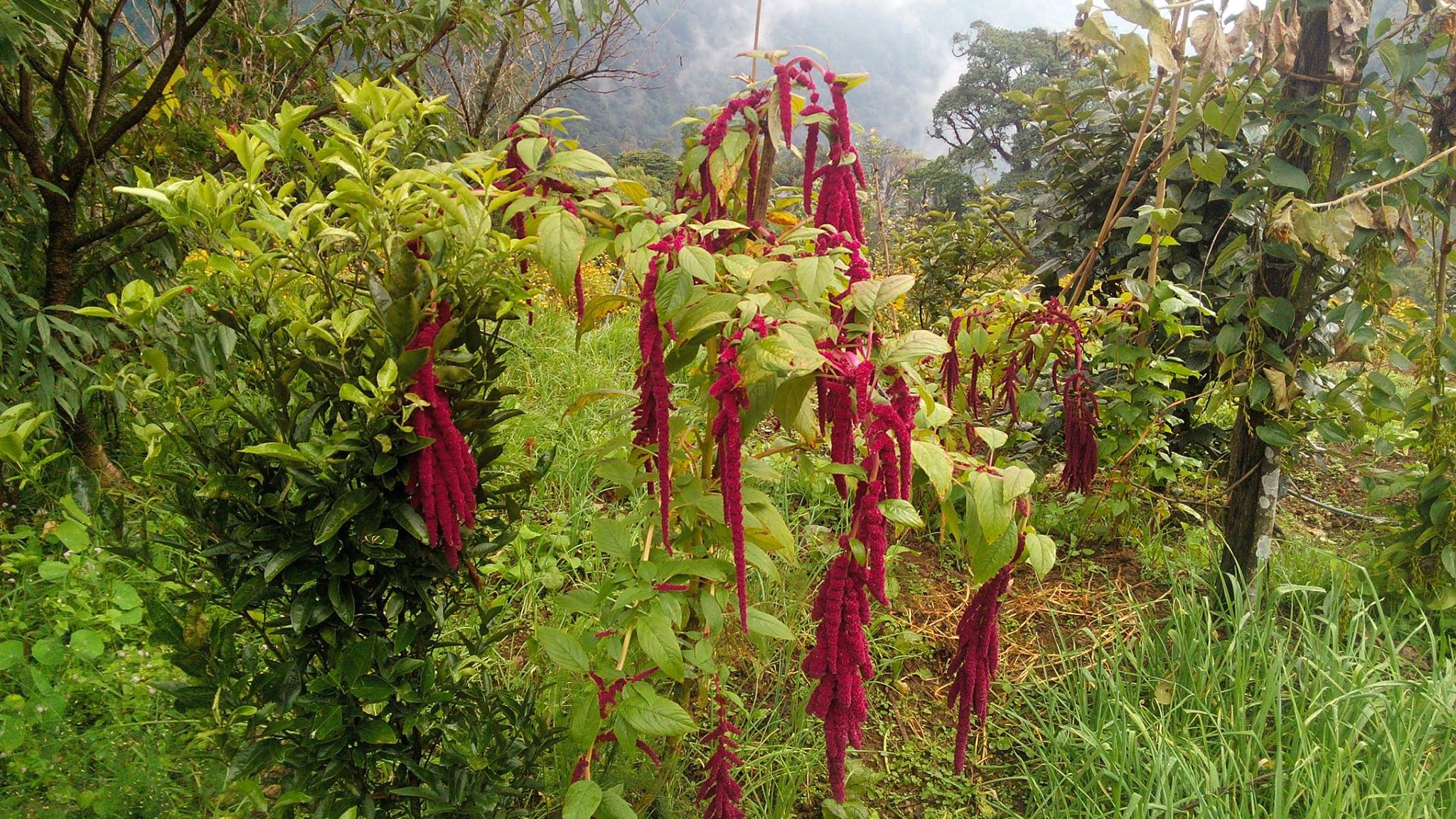Organic agriculture refers to a farming system that enhances soil fertility by maximizing the efficient use of local resources, while foregoing the use of agrochemicals, genetically modified organisms and the many synthetic compounds used as food additives. The high quality of organic food and its added value relies on a number of farming practices based on ecological cycles, and aims at minimizing the environmental impact of the food industry, preserving the long term sustainability of soil and reducing to a minimum the use of nonrenewable resources Organic farming practices have been promoted as reducing the environmental impacts of agriculture.
Furthermore, organic farming appears to perform better than conventional farming and also provides other important environmental advantages such as halting the use of harmful chemicals and their spread in the environment.
In last more than seven years, SJI has been promoting best organic agriculture practices in selected gewogs through the concept of Lead Farmers, Farmer-to-Farmer Extension and development of Model Farms including revival, conservation and promotion of local agro-biodiversity for food security and a resilient future.
We would like to thank our donors: GEF, SGP – UNDP Bhutan, ARDC – Wengkhar, Bhutan Foundation and GNHC.






